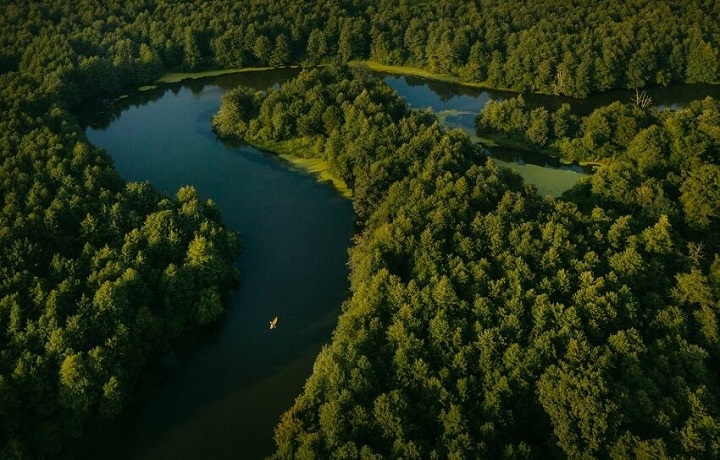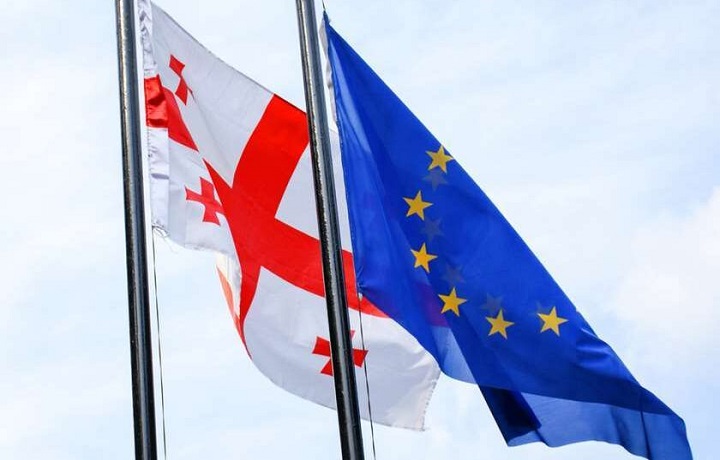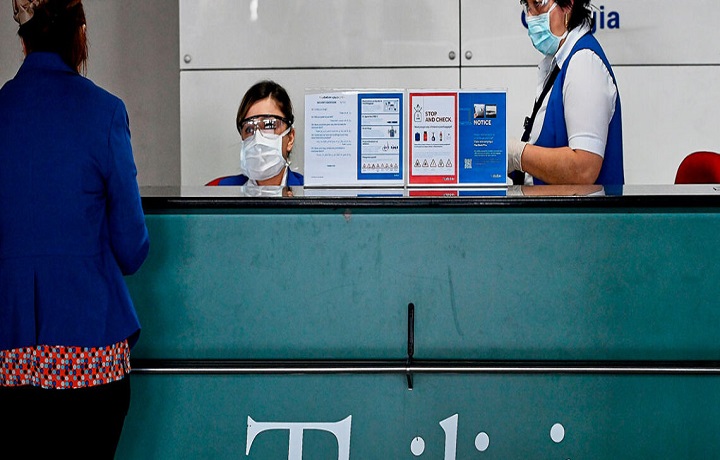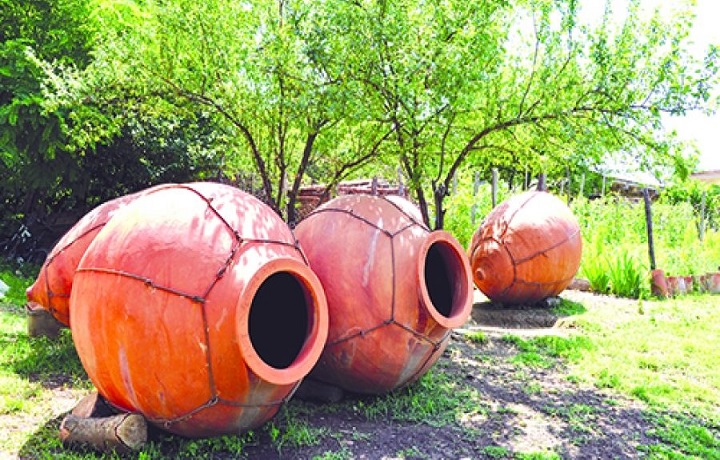Georgia has set itself apart with its relatively low number of reported cases and deaths from coronavirus. Georgia was one of the first countries in the region to introduce various prohibitions and restrictions due to the spread of the coronavirus.
The restrictions began on January 29, when Georgia cut off flights to China, where the infection was already in full swing. Then followed Iran and Italy, and on March 18 the borders of Georgia were completely closed to foreigners.
On March 2, when only three cases of coronavirus infection were detected in the country, schools and kindergartens were closed. Two days later, the educational process was stopped at universities.
Since March 16, when there were 33 cases in the country, the movement of public transport was limited, restaurants and cafes, shopping centers and other entertainment facilities were closed.
On March 21, when the reported number of cases reached 48, the country declared a state of emergency. Public transport and train railway travel both completely shut down, and the number of people allowed in a private car or taxi at one time was limited to three. Any gatherings of more than three people was prohibited.
The curfew is in effect from nine in the evening until six in the morning, which means that people are prohibited from going outside during this time.
Several cities and municipal regions have periodically been put on lockdown during the quarantine.
Many are pleased with the government’s work, as it successfully extended the containment period of the epidemic.
Georgian health workers have earned applause from residents who are locked in their homes. Health experts, including critics of the government, believe that the first stage of the fight against the virus in the country went very well and that Georgia was able to prolong this period as much as possible, which is very important.
Specialists believe that there were three main factors involved in the success of the first stage:
- Georgia took the threat seriously from the very beginning and did not hold out hopes that this was just another “common flu.” The country immediately started taking measures to protect its citizens from the epidemic.
- Throughout the process, members of the government faded into the background, including Minister of Health. The government entrusted this process to epidemiologists and specialists from the Center for Disease Control.
- Very important factor is the Lugar Laboratory. The laboratory has demonstrated its importance in the field of public safety during the crisis.
This laboratory is where PCR testing for coronavirus is being carried out. The preparedness of the modern lab played a crucial role in prolonging the containment stage of the epidemic. Receiving and processing a sample takes only 4-5 hours, and the result is extremely accurate, with practically no chance of error.
“Georgia is a leader in terms of response, and I think that Georgians should be very proud of the fact that the Center for Disease Control and the Lugar Laboratory have been successful in making public health one of the top priorities. This is very impressive,” said Kelly Degnan, US ambassador to Georgia.













